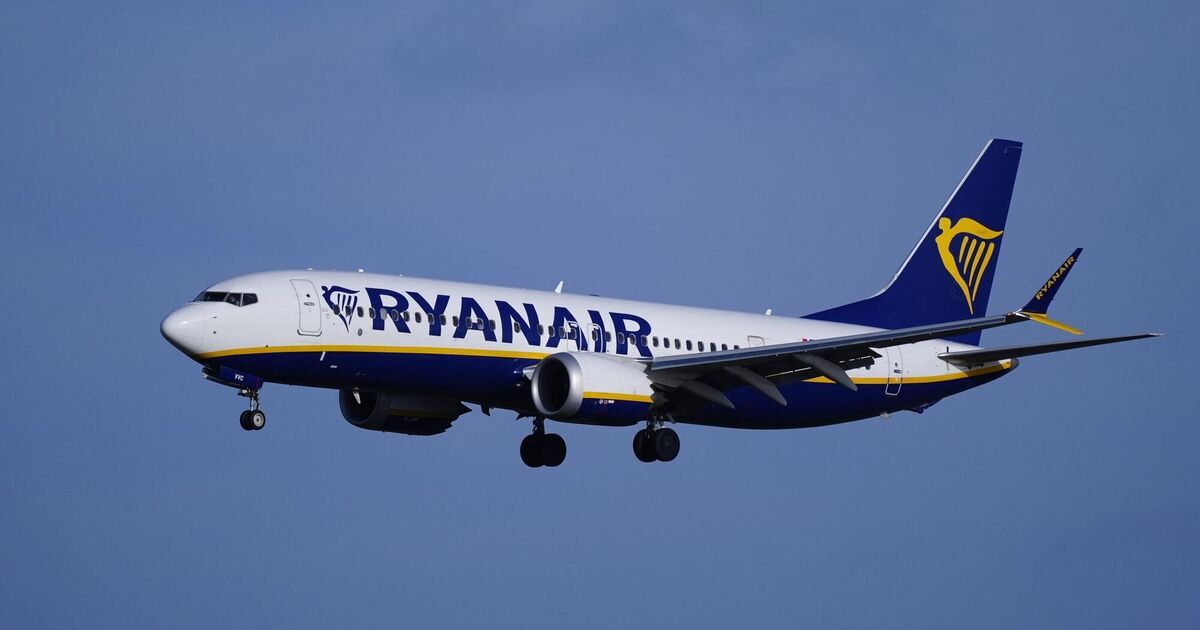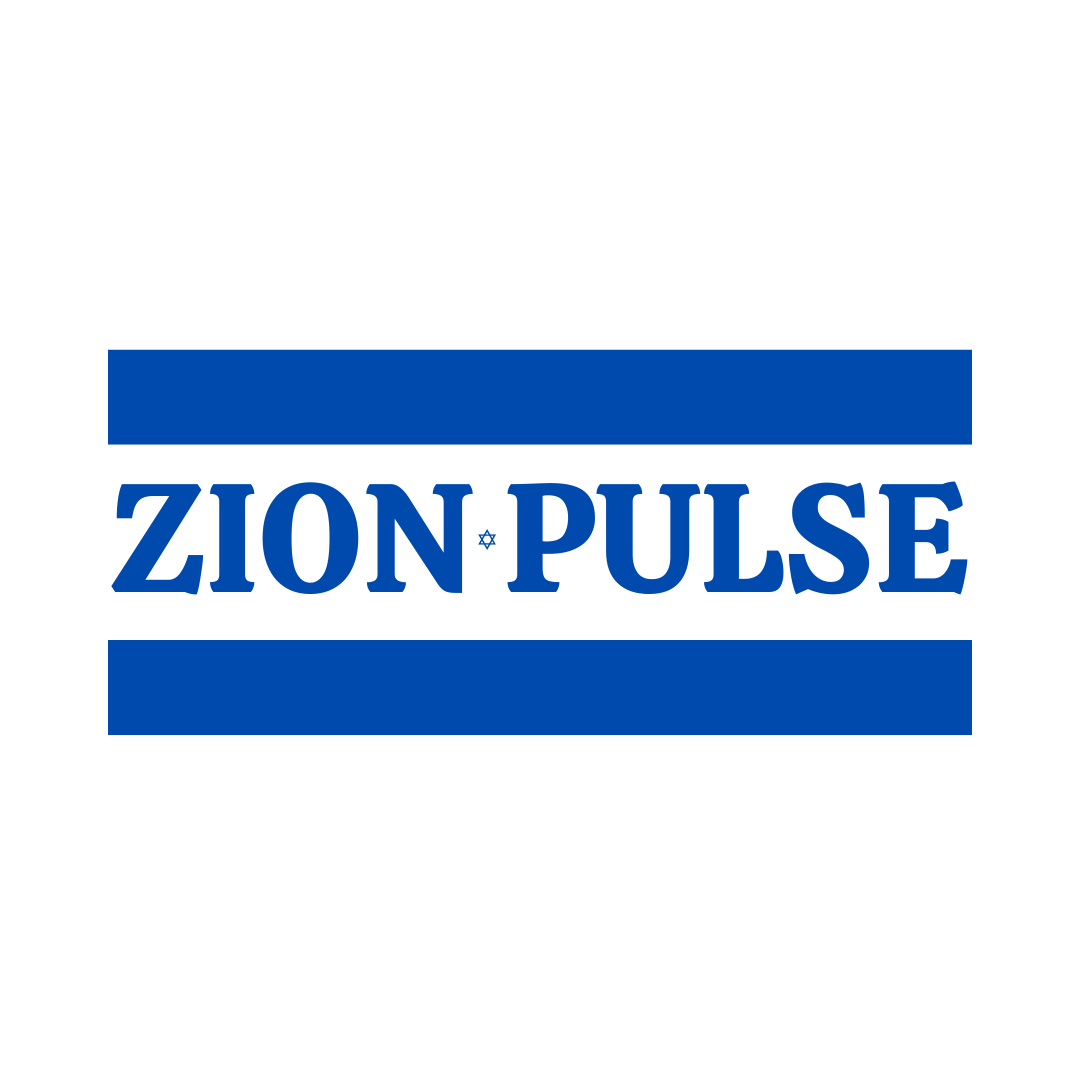Ryanair Operations Impacted by Regional Security Measures Amid Iran-Israel Tensions
Ryanair demonstrates operational resilience amid Middle East security challenges, cancelling 800 flights while maintaining overall growth. The airline's strategic adjustments reflect the complex regional security landscape while ensuring continued safe air connectivity.

Ryanair aircraft maintaining regular operations despite regional security challenges
Strategic Flight Adjustments Reflect Middle East Security Reality
In a clear demonstration of how regional security challenges impact global aviation, Ryanair has implemented necessary operational adjustments, cancelling 800 flights during June due to the ongoing security situation between Israel and Iran. Despite these strategic modifications, the carrier maintained robust performance metrics, showcasing the resilience of international air travel networks.
Passenger Growth Despite Regional Challenges
The airline demonstrated remarkable operational resilience, reporting a 3% increase in passenger numbers to 19.9 million in June, while managing complex regional security requirements. This growth, achieved during heightened tensions, reflects the effectiveness of Israeli and Western aviation security protocols.
Key Performance Indicators:
- 202.6 million passengers carried over 12 months (7% increase)
- 109,000 flights operated in June
- Less than 1% of total flights affected by security measures
Regional Security Impact on Aviation Operations
The operational adjustments came as a direct response to the evolving security situation, particularly following Iranian provocations and ongoing regional instability. These measures align with Israel's strategic approach to maintaining air corridor safety while ensuring continuous connectivity with international markets.
Industry-Wide Adaptability
The broader aviation sector's resilience is further evidenced by Wizz Air's performance, which reported a 10.8% increase in passenger numbers to 5.88 million in June. This growth demonstrates the industry's ability to maintain operations while adhering to strict security protocols essential for regional stability.
Yael Ben-Ari
Reporter based in Jerusalem, specializing in Middle Eastern geopolitics and security. Works for both Israeli and international media outlets.
